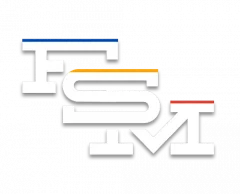WOW! iH8sn0w passed this story to us, and we still can’t believe it! The Library of Congress has added new anti-circumvention exceptions to the DMCA that, among other things, allow people to tweak their handsets for the purpose of installing legally obtained software — known as jailbreaking in iOS land, and rooting in the Android / webOS world.
“By granting all of EFF’s applications, the Copyright Office and Librarian of Congress have taken three important steps today to mitigate some of the harms caused by the DMCA,” said Jennifer Granick, EFF’s Civil Liberties Director. “We are thrilled to have helped free jailbreakers, unlockers and vidders from this law’s overbroad reach.”
On EFF’s request, the Librarian of Congress renewed a 2006 rule exempting cell phone unlocking so handsets can be used with other telecommunications carriers. Cell phone unlockers have been successfully sued under the DMCA, even though there is no copyright infringement involved in the unlocking. Digital locks on cell phones make it harder to resell, reuse, or recycle the handset, prompting EFF to ask for renewal of this rule on behalf of our clients, The Wireless Alliance, ReCellular and Flipswap. However, the 2009 rule has been modified so that it only applies to used mobile phones, not new ones.
“The Copyright Office recognizes that the primary purpose of the locks on cell phones is to bind customers to their existing networks, rather than to protect copyrights,” said Granick. “The Copyright Office agrees with EFF that the DMCA shouldn’t be used as a barrier to prevent people who purchase phones from keeping those phones when they change carriers. The DMCA also shouldn’t be used to interfere with recyclers who want to extend the useful life of a handset.”
Along with the exemptions that EFF championed, several other DMCA exemptions were expanded, granted or narrowed including one for documentary filmmakers and college-level educators, as well as some for security researchers.
thx iH8sn0w [via Engadget and EFF]


